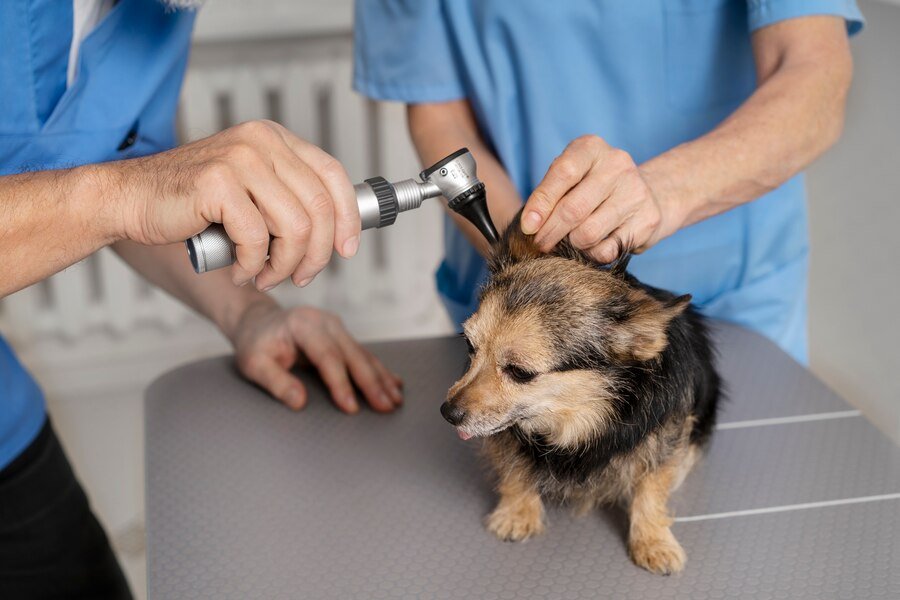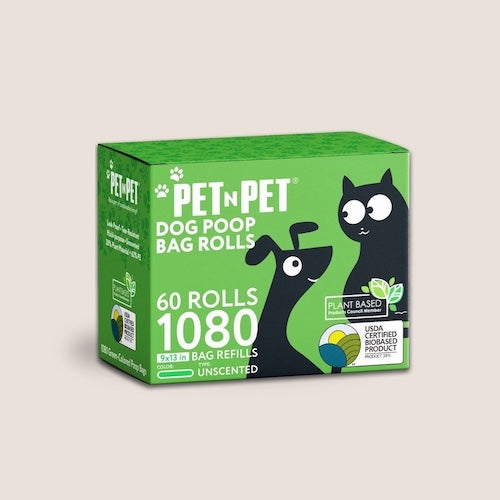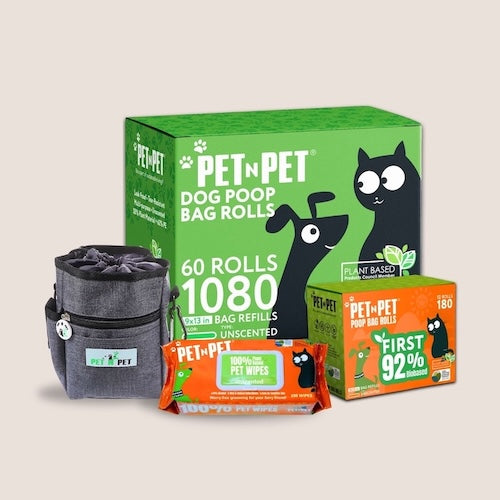
The Most Efficient Rabies Vaccine Schedule for Dogs
Ensuring your dog is vaccinated against rabies is crucial for their health and safety, as well as the safety of others. Here’s a comprehensive guide to the rabies vaccine schedule for dogs:
Initial Vaccination
First Dose:
- Age: Puppies should receive their first rabies vaccine at 12 to 16 weeks old (3 to 4 months).
- Reason: This is the earliest age at which the vaccine can be effectively administered and is essential for early protection.
Booster Shots
First Booster:
- Age: One year after the initial vaccination.
- Reason: Boosters help maintain immunity and ensure long-term protection against rabies.
- Frequency: Every 1 to 3 years, depending on the type of vaccine used and local regulations.
- Reason: Regular boosters are necessary to keep your dog’s immunity strong. The specific schedule can vary:
- Annual Boosters: Some vaccines require yearly boosters.
- Triennial Boosters: Other vaccines are effective for three years, so check with your veterinarian and follow their recommendations.
Additional Considerations
- Local Laws and Regulations: Rabies vaccination requirements can vary by location. Always follow your local laws and guidelines, which may dictate specific timelines and documentation for rabies vaccinations.
- Vaccine Records: Keep a copy of your dog’s vaccination records. These are essential for travel, boarding, and in case of any bite incidents.
Signs of Adverse Reactions
While rabies vaccines are generally safe, monitor your dog for any signs of adverse reactions, such as:
- Swelling at the injection site
- Mild fever
- Decreased appetite
- Lethargy
If you notice any severe reactions, such as difficulty breathing or significant swelling, contact your veterinarian immediately.
Rabies vaccinations are a critical part of responsible dog ownership. By adhering to the recommended schedule and keeping up with booster shots, you can ensure your dog remains protected against this deadly disease. Consult your veterinarian to create the best vaccination plan for your furry friend, and always stay informed about local requirements.
Keeping your dog up-to-date with their rabies vaccine not only protects them but also helps safeguard your community from the spread of rabies.
Final Thoughts
Caring for your dog involves a combination of proper hygiene and health measures. Using the right dog poop bags ensures you manage waste effectively while considering environmental impacts. Keeping up with rabies vaccinations is equally important, providing crucial protection for your dog and the wider community. By staying informed and choosing the best products and practices, you can ensure your furry friend stays happy, healthy, and safe.






